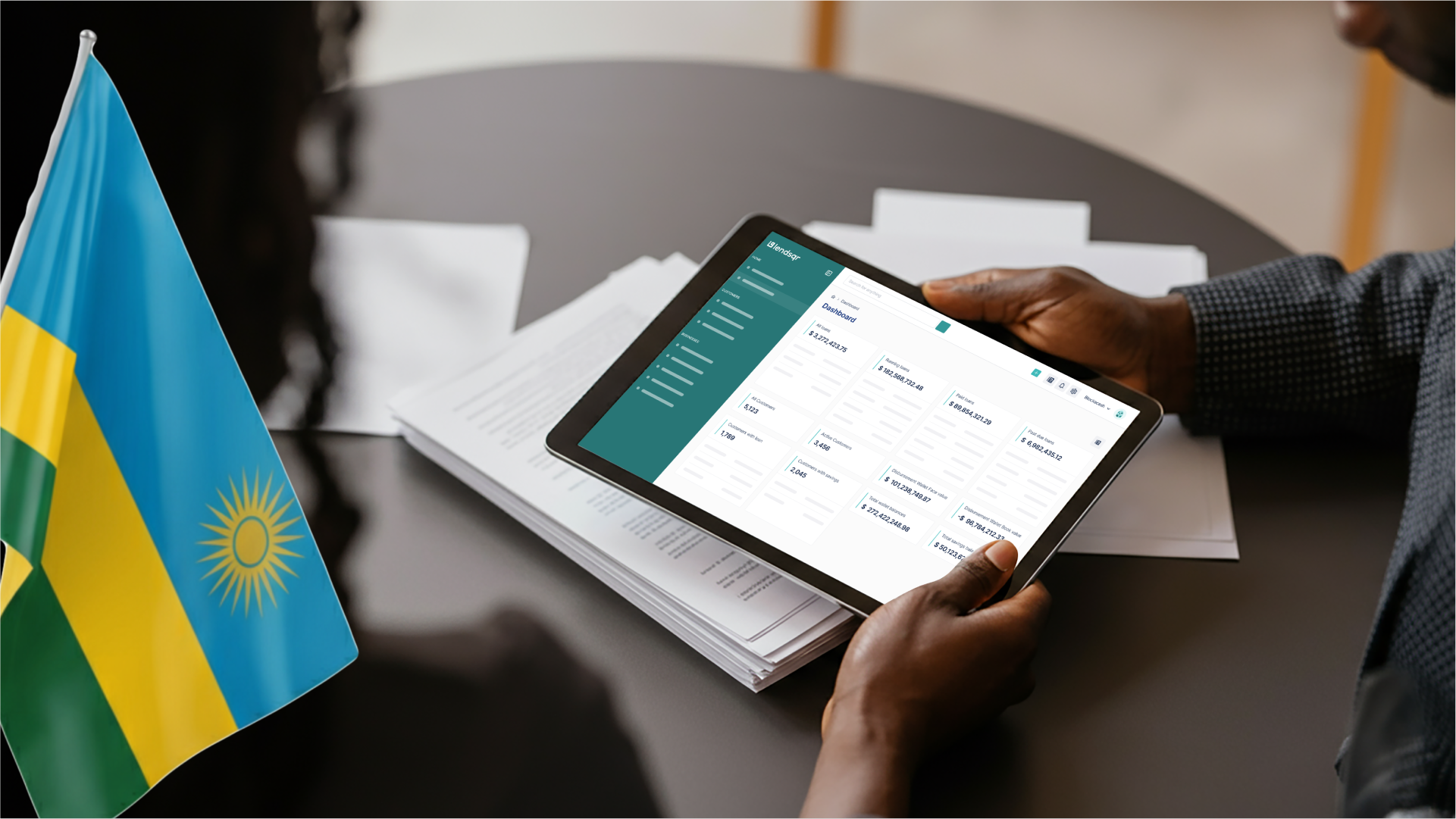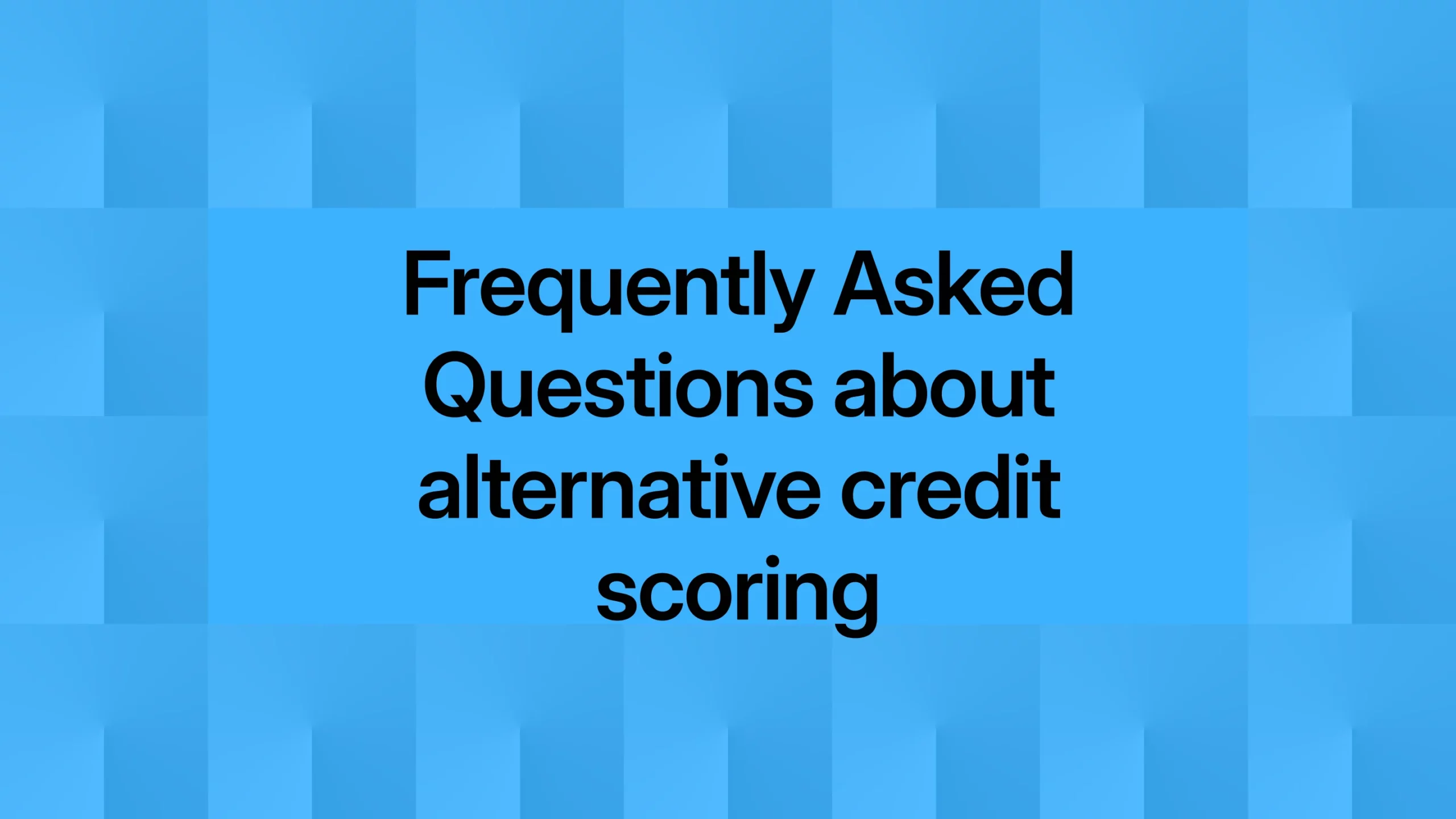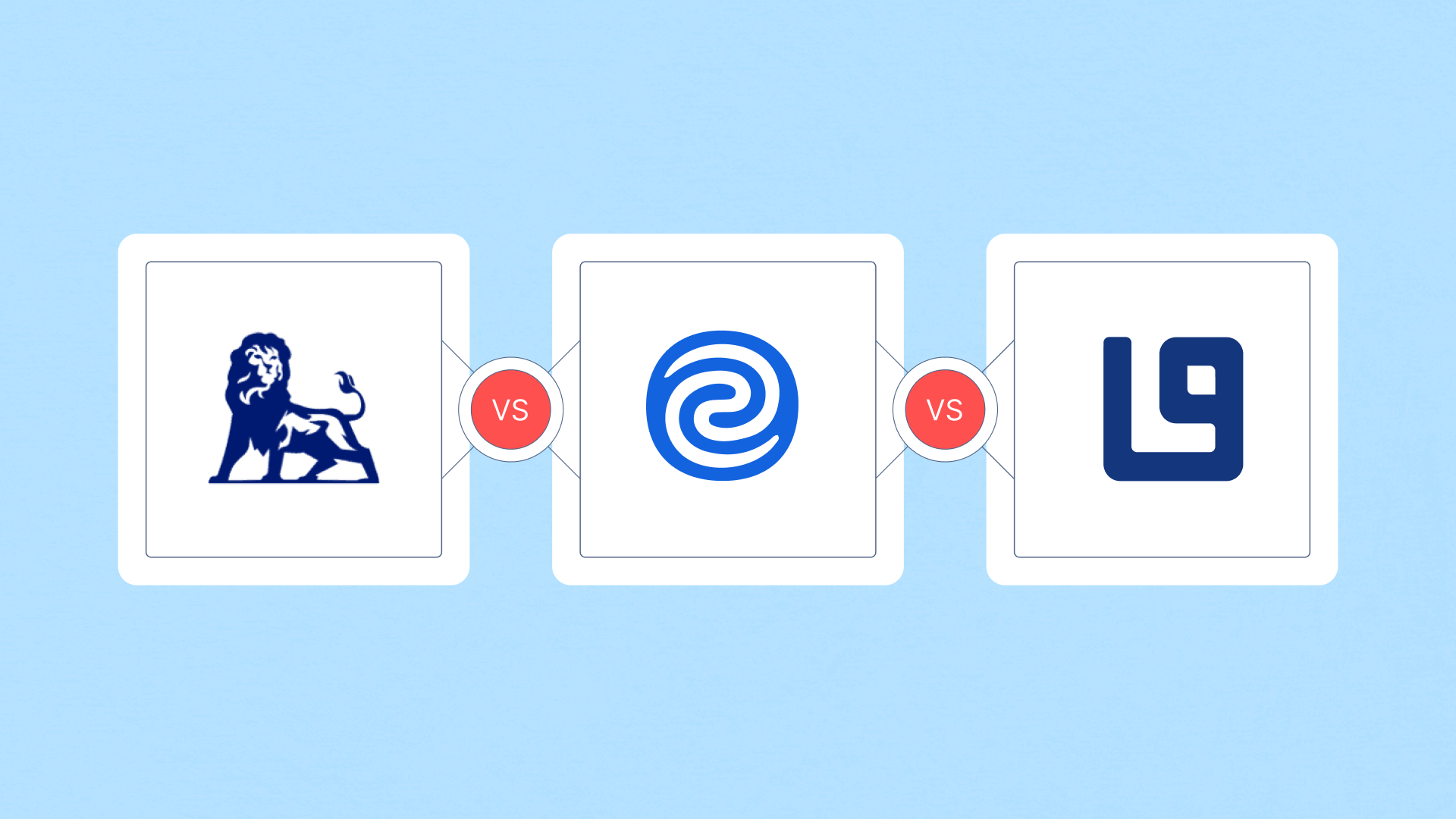Frequently asked questions about alternative credit scoring
The traditional credit score is a relic of an era that didn’t understand how modern people actually move money. If you’ve ever wondered how your utility bills, airtime purchases, or even your social media footprint could help you get a loan, you’re looking at alternative credit scoring. We’re answering the real questions about how this data is collected, whether it’s actually secure, and why it’s finally making "unbanked" a term of the past.
FCCPC’s new consumer lending regulation
This guide breaks down what the new FCCPC regulations mean, who they apply to, and how affected businesses can prepare.
Lidya vs Evolve Credit vs Lendsqr
After exploring each of these platforms thoroughly, here's how the Lidya vs. Evolve Credit vs. Lendsqr showdown turned out.



